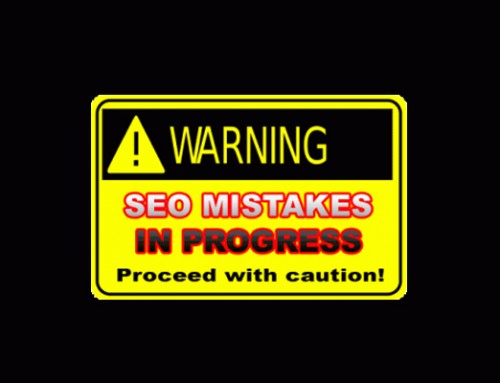 The great hotelier Conrad Hilton built a chain of hotels across the world. His philosophy was that if you build a hotel in the right place you would make money. For him, choosing a spot for a hotel was about three things: location, location, location. He saw no point in building hotels where there was no traffic.
The great hotelier Conrad Hilton built a chain of hotels across the world. His philosophy was that if you build a hotel in the right place you would make money. For him, choosing a spot for a hotel was about three things: location, location, location. He saw no point in building hotels where there was no traffic.
The same philosophy applies to the Internet, but not quite in the same sense as it does in the physical world.
Online, it’s not about shopping malls or hotels, but there are certain places where people are more likely to stop along the information superhighway.
For purposes of illustration, imagine a little seaside town called Google. You have the luxury yachts along the seafront and around the Marina. There are the smart hotels, casinos and luxury apartments. Some of these buildings have storefronts housing shops like Tiffany and Gucci.
Beyond the upscale town homes are the middle-class houses and apartments. Farther and farther away, the homes become less expensive. On the outskirts of this town called Google are the trailer parks where the less well-off live.
Needless to say, it costs more money to run one of the shops on the seafront than to run a storefront near the trailer park. The upscale shops cater to both the wealthy people staying in town and the daytrippers. Shops near the trailer park will get less passing traffic but also less competition.
The mistake most webmasters make is to build their sites around keywords that are being used by the big multinational corporations for their seafront shops.
The “big boys” spend big bucks to get their websites at these ritzy locations. The chances of a small local shop competing with these for top search engine ranking are small.
A smarter plan is to build your site around the “trailer park” keywords — keywords that may get less traffic but also cost a lot less as well. That way, you’re not competing with the big multinational corporations.
There are a number of tools for the Mac with which to spy on the keywords your competitors are using. One of them is Competition Strategy Studio (formerly called SEOLab). While it’s not specifically a keyword research tool, it does allow you to perform base keyword lookups, competition research, and to find related semantic keywords. It also helps you to discover Top Ranked Web Page Titles and Top Advertisers and Compare Search Engine Ranks.
A useful Mac-compatible plug-in for Firefox is KeywordSpy. It helps you to see what keywords your competitors are using, uncover what they are spending on Adwords, and find profitable keyword and ad copy combinations. When the plug-in is installed, useful stats show right in the Google search results page under each search result.
You might get the impression that the Mac is the forgotten stepchild of the Internet marketing industry. But did you know that some of the top names in Internet Marketing use Macs? Visit http://internetmacmarketing.com/blog and get a FREE 75-page ebook that covers everything you need to know about running your Internet business using a Mac, iPhone and iPad.
In addition to the great tools above I found this excellent article from the well known Joost de Valk which covers 13 Mac tools for web developers and SEO’s. I think you’ll find it useful as well.
How many of you use a MAC to perform SEO and Internet Marketing and what tools do you use? Let us know in the comments below!




FOLLOW US